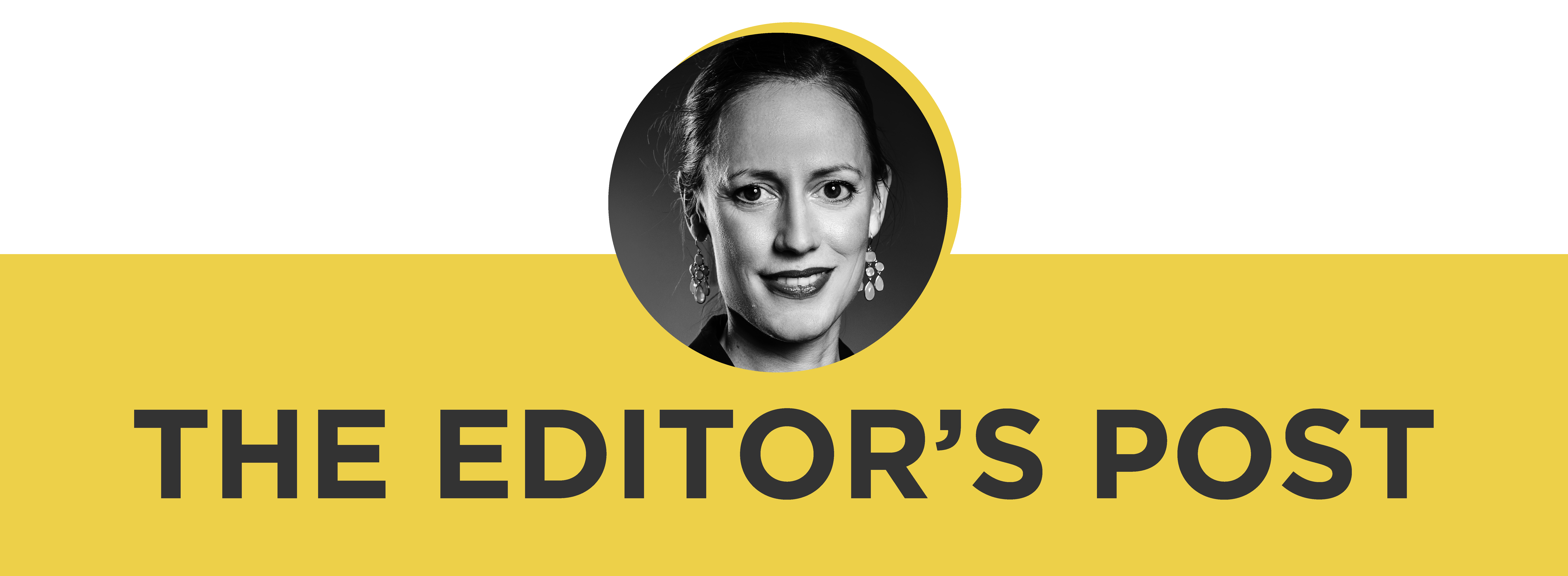The Editor's Post: Making impact reporting a joy not a chore

Universal impact reporting standards seem to have fallen out of grace – and social enterprises are none the wiser on how to measure their impact effectively. But what if a new approach changed what felt like a chore into a welcome pick-me-up? This week's view from the Pioneers Post newsroom.
This week in the Pioneers Post newsroom, we were discussing how impact reporting seems to be the main topic of attention for our community in recent weeks. It’s not that it wasn’t important before – so why is it coming up so much at the moment?
One reason will be the current roll-out of international regulations on sustainability reporting. What looked like a great idea on paper – implementing universal standards of impact reporting, fighting green- and impact-washing – seems to have hit reality a bit hard and fallen out of grace.
Once hailed as a guarantee of impact transparency, those regulations are increasingly described as a counterproductive burden for impact-led businesses and SMEs – with an alphabet soup of overlapping regulations appearing to be a nightmare to abide by. The number of invitations to workshops and webinars on “how to understand [insert acronym]” that land in my inbox every day is testament to how hard it is for businesses and investors to keep up with regulation.
But let’s remember that for social enterprises, reporting on your impact matters far beyond meeting regulations. A good impact report is crucial to access new markets and some investment opportunities; and it’s important as a marketing tool. It is also something that mission-led businesses want to do for themselves: to see if their approach works – and because impact is what they care about, so they’re keen to assess it.
That might explain the record attendance at our latest SE100 Social Business Coffee Breaks webinar (part of our SE100 learning and networking programme with NatWest Social and Community Capital) that took place on Wednesday, focusing on “how to be brilliant at reporting on your impact”. There was so much to learn from it, but what I liked the most was the idea of changing perspective: what if measuring your impact was something you enjoyed doing, rather than a chore? Knowing your impact is a reminder of why you’re working so hard all day – a pick-me-up I’m sure many social entrepreneurs could do with.
(You can catch up with the full video of the webinar here, and look out on pioneerspost.com for our summary coming soon.)
In any case, I do believe that there’s an opportunity for AI to be used to automate impact measurement, since it would be able to process not only quantitative data (which a good old-fashioned spreadsheet can do) but also qualitative feedback – which is the part of the work that is most time consuming, but also perhaps the most valuable, as speakers in Wednesday’s webinar highlighted. Just a nudge to tech entrepreneurs out there that might be interested in doing good…
Top stories
UK impact investments reach £77bn at the end of 2023, Impact Investing Institute reveals
Good Leaders Podcast – Bevis Watts: 'I'm very conscious of what nurtures me'
Top image: Freepik.
Thanks for reading Pioneers Post. As an entrepreneur or investor yourself, you'll know that producing quality work doesn't come free. We rely on our subscribers to sustain our journalism – so if you think it's worth having an independent, specialist media platform that covers social enterprise stories, please consider subscribing. You'll also be buying social: Pioneers Post is a social enterprise itself, reinvesting all our profits into helping you do good business, better.




